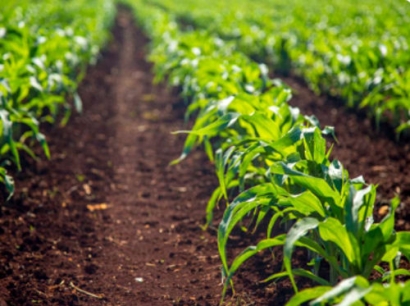
Attendees received an update on the national and European biomethane policy landscape and learned of the importance of the ongoing consultation on the proposed Renewable Heat Obligation, which, if enacted, will support biomethane production at scale and help Ireland achieve its climate ambitions.
Speakers also discussed the process for producing and injecting biomethane into the national network, the proposed Mitchelstown Central Grid Injection (CGI) facility and how certification is attained and recorded in the national registry.
The line-up of experts included Gas Networks Ireland Innovation Engineer, Niamh Gillen, who last year represented Ireland at the international finals of Institution of Gas Engineers & Managers’ (IGEM) Young Professionals Competition.
Gillen was joined by Gas Networks Ireland colleagues Declan O’Sullivan, Ian Kilgallon, Yvette Jones and Brendan O’Riordan, as well as KPMG’s Russell Smyth and Devenish Nutrition’s David Hagan.
“Ireland has the highest potential for biomethane production per capita in the EU according to the European Commission, providing a strong opportunity to develop a thriving indigenous biomethane industry, support energy security and, importantly for Irish farmers, reduce agricultural emissions,” Renewable Gas Project Manager, Yvette Jones, who is leading on the Mitchelstown CGI project, said.
A carbon-neutral renewable gas made from farm and food waste through a process known as anaerobic digestion (AD), biomethane has already begun to seamlessly replace natural gas in the national network.
Gas Networks Ireland’s Innovation and Business Development Manager, Ian Kilgallon, said that across Europe, biomethane is seen as a vital solution for decarbonising energy systems while also providing a more sustainable solution for farmers to reduce their waste and emissions.
“In countries around Europe, including the UK, Italy, France and Germany, biomethane is playing an important role in decarbonizing sectors such as heat and transport,” Kilgallon said.
“Within both the EU’s Farm to Fork Strategy and Irish agri-food industry, the development of biomethane and the production of a nutrient rich bio-fertilizer digestate, which is a by-product of anaerobic digestion, is seen as a key element in decarbonizing agriculture.”
By replacing natural gas with renewable gases such as biomethane and hydrogen, Ireland can sustainably deliver a net-zero carbon gas network to complement intermittent renewable electricity generation, meet its climate action targets and support a cleaner energy future while ensuring a secure energy supply.
Gas Networks Ireland introduced domestically produced biomethane into the national network in 2019, via the country’s first dedicated renewable gas injection point in Cush, Co. Kildare. A second renewable gas injection facility in Mitchelstown was approved by Cork County Council and An Bord Pleanála in 2020.
Together they have the capacity to heat 75,000 homes, while also supporting the decarbonization of local agriculture.
A domestic biomethane industry would also provide significant opportunities for local communities from the sale of biomethane, feedstock used to produce the renewable gas, and a bio-fertilizer that is a by-product of the process, and facilitate sustainable circular economies, with businesses powering their operations via renewable gas made from their own waste.
To support the development of an indigenous biomethane industry in Ireland, Gas Networks Ireland has established a Renewable Gas Registry that records the volume of biomethane injected into the network each month and issues certificates to producers.
The Registry facilitates producers in monetising the renewable value of their gas and enables title tracking of the renewable value of biomethane in the network, guaranteeing that the equivalent amount of renewable gas has been injected into the gas network.

